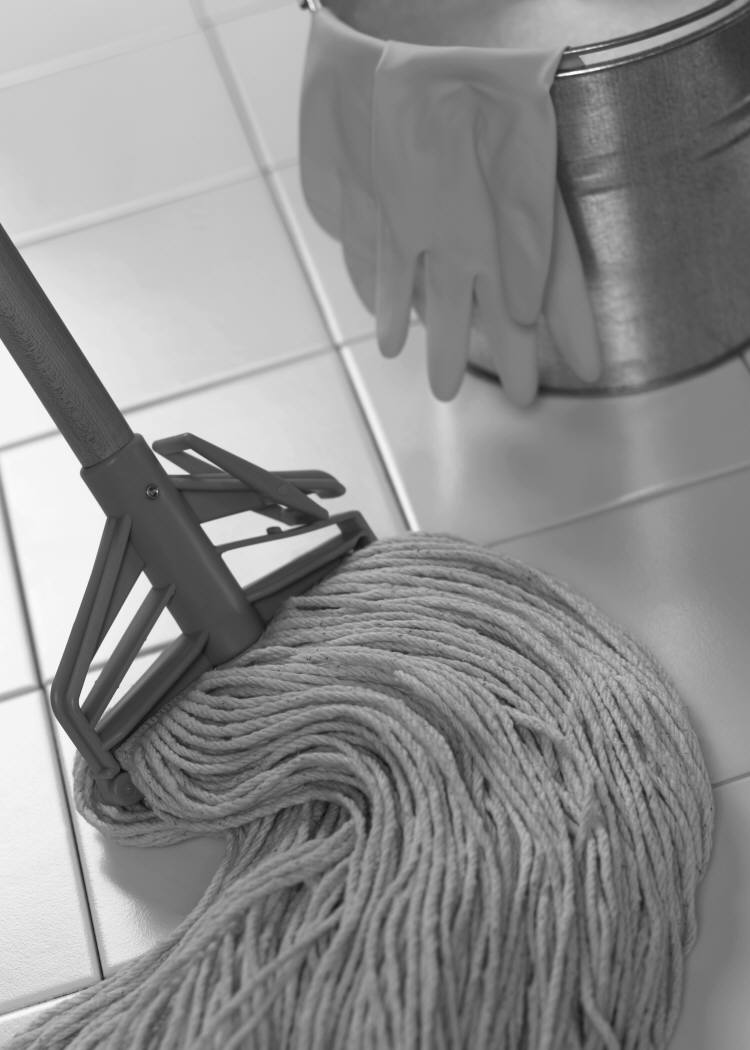Here are some poll numbers released by Rasmussen Reports -- "an electronic publishing firm specializing in the collection, publication, and distribution of public opinion polling information."

Most Americans Say Bailouts Were Bad Idea, Political Class Disagrees
Tuesday, April 21, 2009
 Looking back, 59% of voters nationwide believe the federal bailouts for banks and other financial
Looking back, 59% of voters nationwide believe the federal bailouts for banks and other financial ![]()
The numbers are similar for the bailout loans given to General ![]()
Public opposition to the bailouts has been strong right from the start. In September, right after Lehman Brothers collapsed, just seven percent (7%) of voters thought the federal ![]()
But, in the end, the opinions of the Political Class mattered more than the opinions of voters. Today, by a 61% to 23% margin, the Political Class still believes the bailouts for the financial industry were a good idea. By a 64% to 23%, they say the same about the auto bailouts.
Overall, Americans are evenly divided as to the short-term impact of the bailouts: 39% say they helped the economy while 36% believe they hurt. However, among the Political Class, 71% believe the bailouts helped the economy in the short-term.
Looking further down the road, just 29% of all voters believe the bailouts will have a positive long-term impact on the economy. Most (51%) believe the bailouts will hurt. Once again, the Political Class has an entirely different view. By a 75% to 17% margin, the Political Class believes the bailouts will have a positive long-term impact.
Data released earlier shows a growing concern that the government will end up doing too much in response to the recent economic crisis. On that question, there was also a huge gap between the views of the Political Class and Mainstream America.
The Political Class and Mainstream classifications are determined by the answers to three questions measuring general attitudes about government. Most Americans trust the judgment of the public more than political leaders, view the federal government as a special interest group, and believe that big business and big government work together against the interests of investors and consumers. Only seven percent (7%) share the opposite view and can be considered part of the Political Class. Another seven percent (7%) lean towards the Political Class.
In all income groups, a majority views the bailouts as a bad idea. Opposition is lowest among those with the highest incomes.
While Democrats are evenly divided as to whether the bailouts were a good or a bad idea, solid majorities of Republicans and unaffiliated voters believe they were bad.
Americans have a little more confidence in the U.S. banking system than they did two months ago , but the level is still well below where it was last summer.
# # #
 To view a copy of the original report, please use this link: Try Bailing This Out!
To view a copy of the original report, please use this link: Try Bailing This Out!
